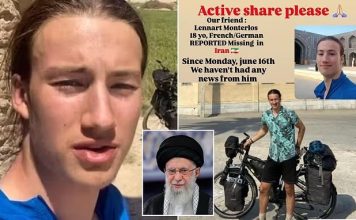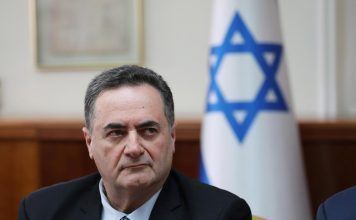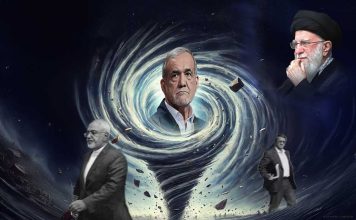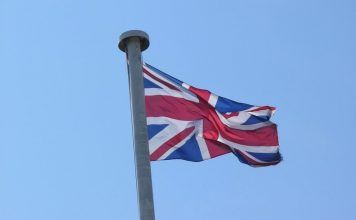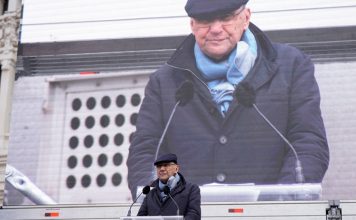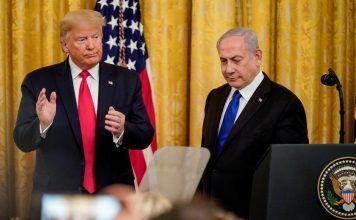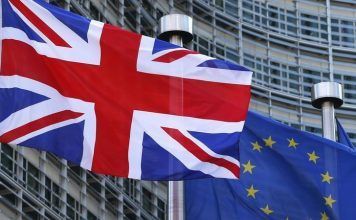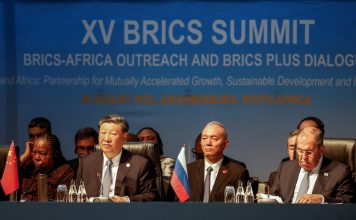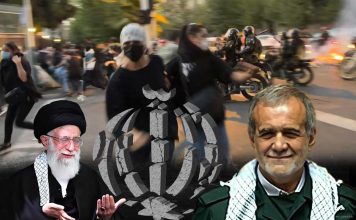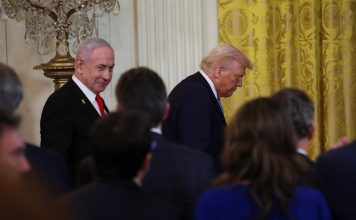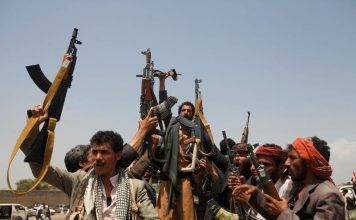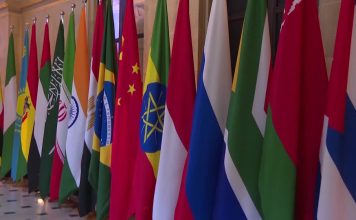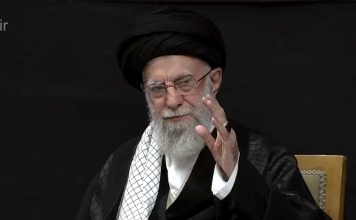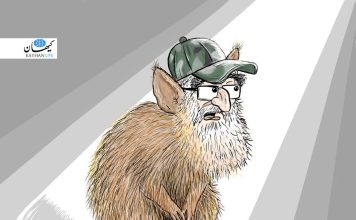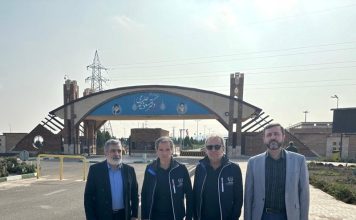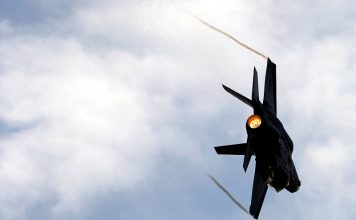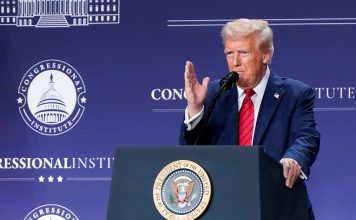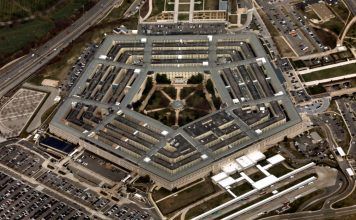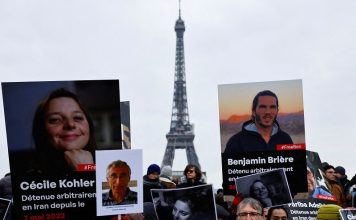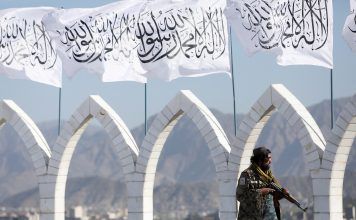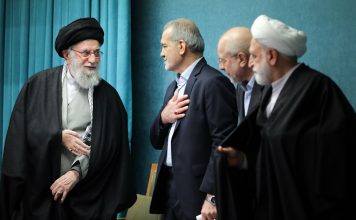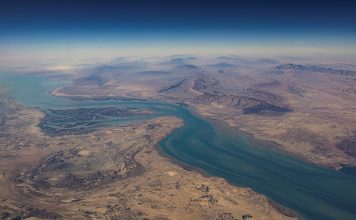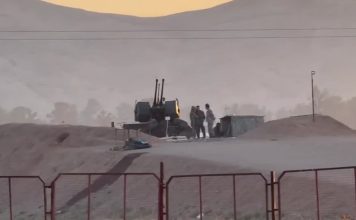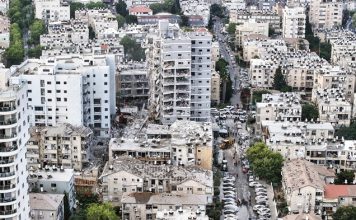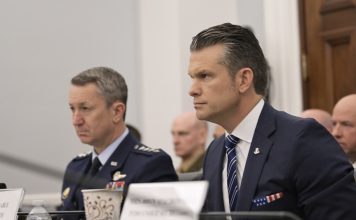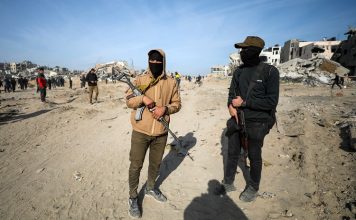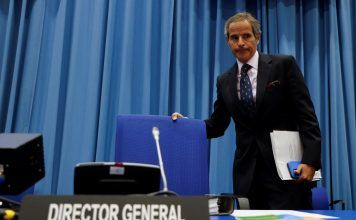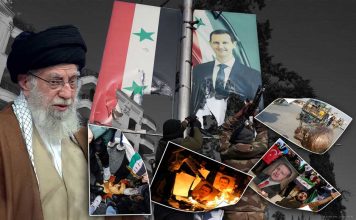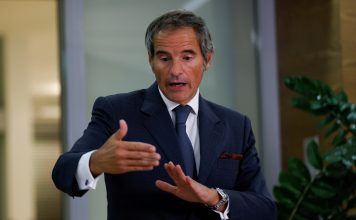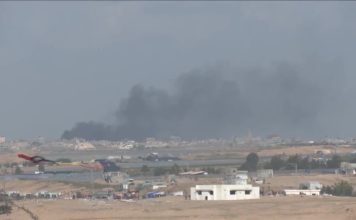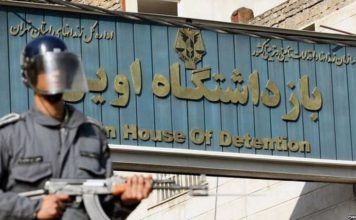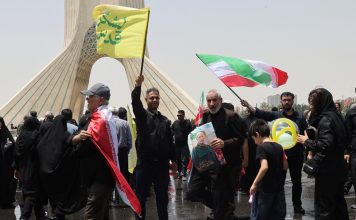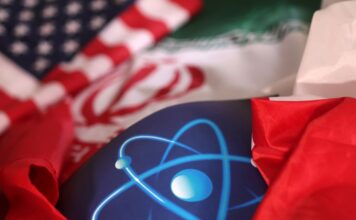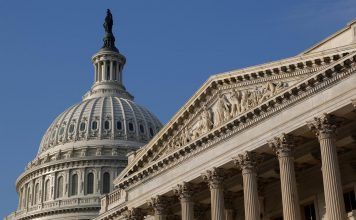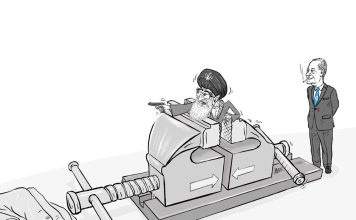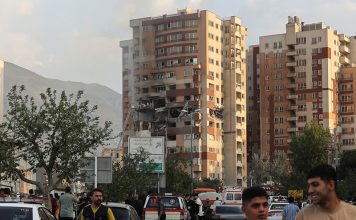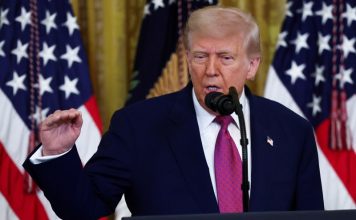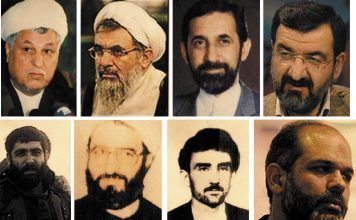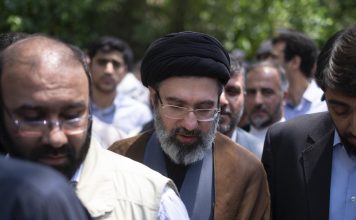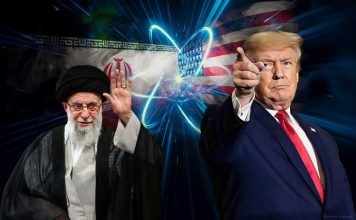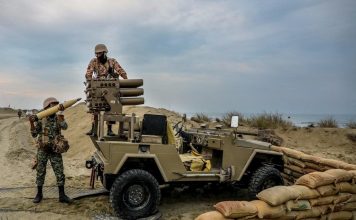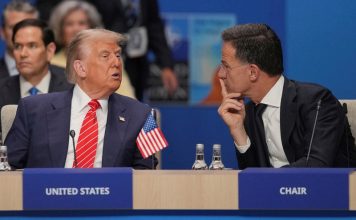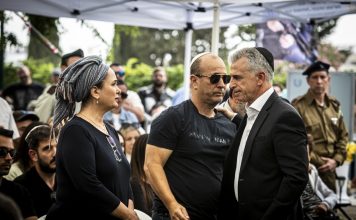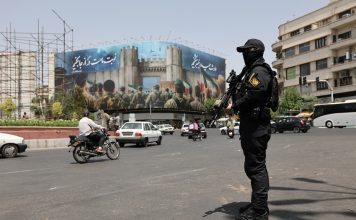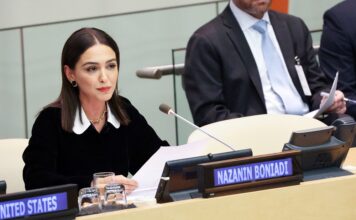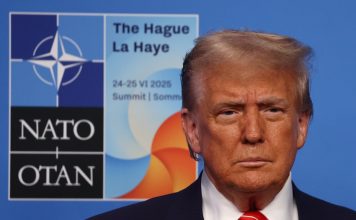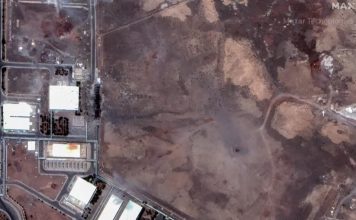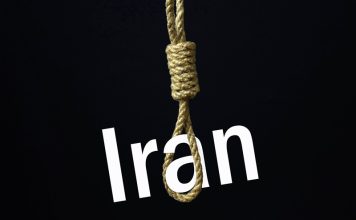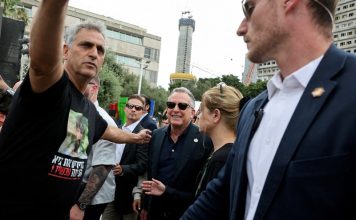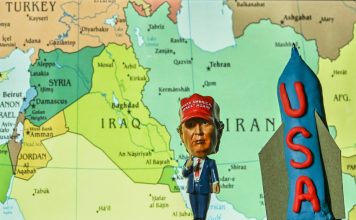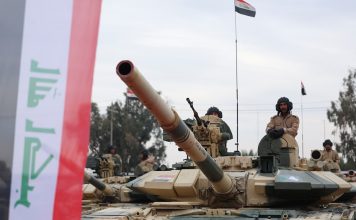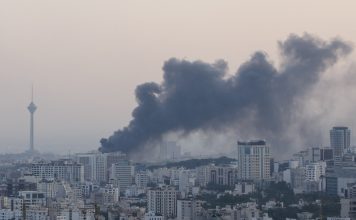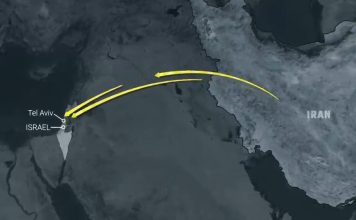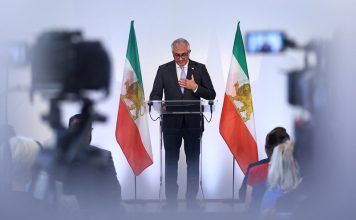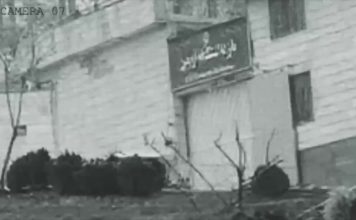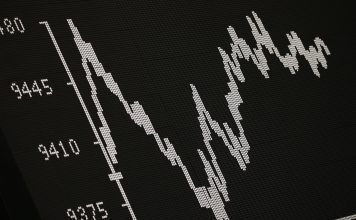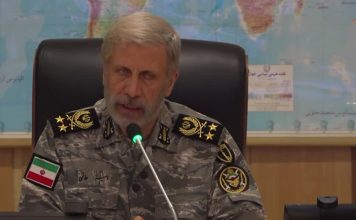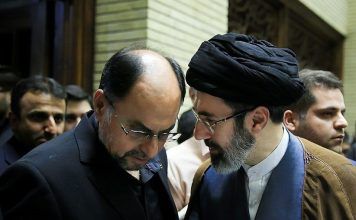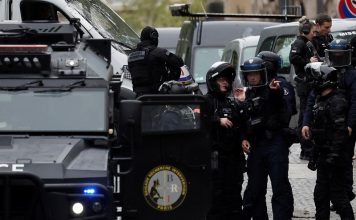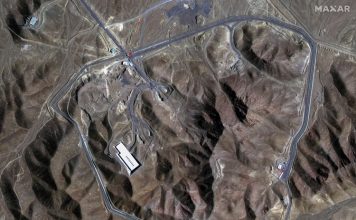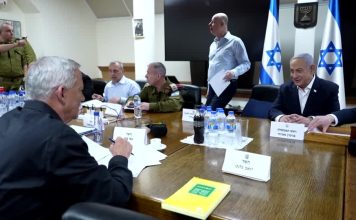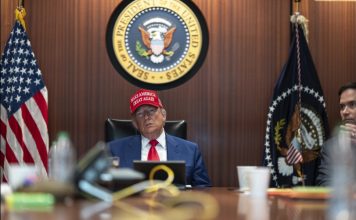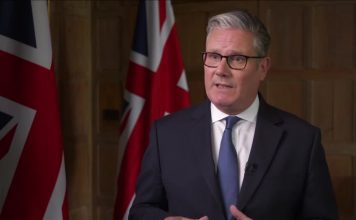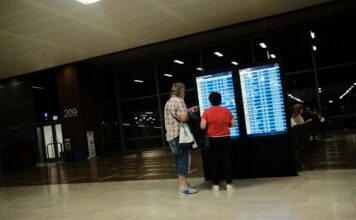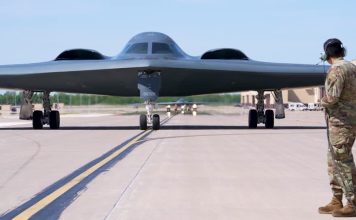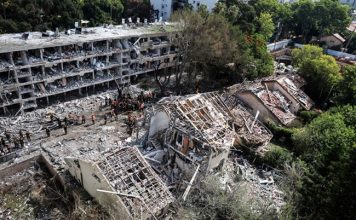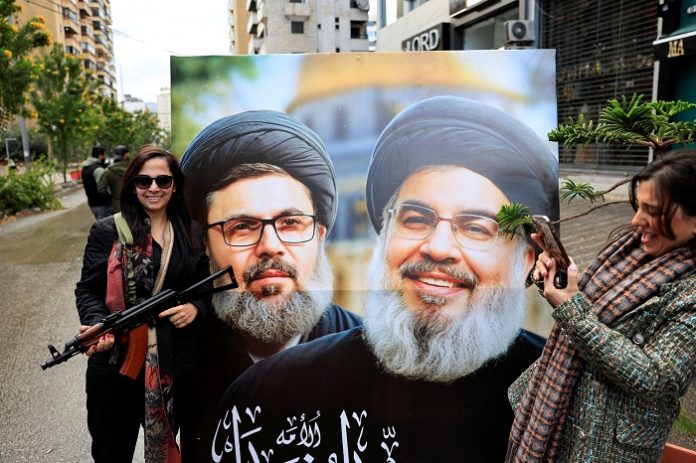
By Maya Gebeily and Aziz Taher
BEIRUT, Nov 27 (Reuters) – A ceasefire between Israel and Lebanese armed group Hezbollah came into effect on Wednesday after both sides accepted an agreement brokered by the U.S. and France, a rare victory for diplomacy in a region wracked by two wars for over a year.
Lebanon’s army, which is tasked with helping to ensure the ceasefire holds, said it was preparing to deploy to the south of the country. The military asked that residents of border villages delay returning home until the Israeli military, which has waged war against Iran-backed Hezbollah on several occasions and pushed around 6 km (4 miles) into Lebanon, withdraws.
While the ceasefire largely held on Wednesday morning, Israel said it identified Hezbollah operatives returning to areas near the border and had opened fire to prevent them from coming closer.
The agreement, which promises to end a conflict across the Israeli-Lebanese border that has killed thousands of people since it was ignited by the Gaza war last year, is a major achievement for the U.S. in the waning days of President Joe Biden’s administration.
The deal is likely to enable Israel to focus more closely on the conflict in shattered Gaza, where it has vowed to destroy its long-time enemy the Palestinian Islamist group Hamas, which led the Oct. 7, 2023, attacks on Israeli communities.
“Force must give way to dialogue and negotiation. This has now been achieved in Lebanon, and it must happen as soon as possible in the Gaza Strip,” French Foreign Minister Jean-Noel Barrot told France Info radio.
Hamas official Sami Abu Zuhri told Reuters that the group “appreciates” Lebanon’s right to reach an agreement which protects its people, and hopes for a deal to end the Gaza war.
Egypt, which along with the United States and Qatar has tried unsuccessfully to mediate a ceasefire in Gaza, welcomed the Lebanon truce.
Cars and vans piled high with mattresses, suitcases and even furniture streamed through the southern port city of Tyre, which was heavily bombed in the final days before the ceasefire, heading south. Fighting had escalated over the past two months, forcing hundreds of thousands of Lebanese from their homes.
Israel said its military aim had been to ensure the safe return of about 60,000 Israelis who fled from their communities along the northern border when Hezbollah started firing rockets at them in support of Hamas in Gaza.
In Lebanon, some cars flew national flags, others honked, and one woman could be seen flashing the victory sign with her fingers as people started to return to homes they had fled.
Many of the villages the people were likely returning to have been destroyed. But displaced families renting out alternative housing hoped to avoid paying another month of rent, some of them told Reuters.
Hussam Arrout, a father of four who said he was displaced from Beirut’s southern suburbs but originally from the southern border village of Mays al-Jabal, said he was itching to return to his ancestral home.
“The Israelis haven’t withdrawn in full, they’re still on the edge. So we decided to wait until the army announces that we can go in. Then we’ll turn the cars on immediately and go to the village,” he said.
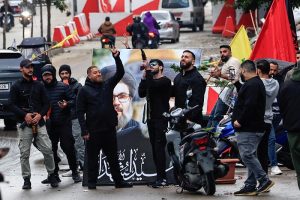
‘PERMANENT CESSATION’
Announcing the ceasefire, Biden spoke at the White House on Tuesday shortly after Israel’s security cabinet approved the agreement in a 10-1 vote. He said he had spoken to Israeli Prime Minister Benjamin Netanyahu and Lebanon’s caretaker Prime Minister Najib Mikati, and that fighting would end at 4 a.m. local time (0200 GMT).
“This is designed to be a permanent cessation of hostilities,” Biden said. “What is left of Hezbollah and other terrorist organizations will not be allowed to threaten the security of Israel again.”
Israel will gradually withdraw its forces over 60 days as Lebanon’s army takes control of territory near its border with Israel to ensure that Hezbollah does not rebuild its infrastructure there after a costly war, Biden said.
He said his administration was also pushing for an elusive ceasefire in Gaza and that it was possible that Saudi Arabia and Israel could normalize relations.
Hezbollah has not formally commented on the ceasefire but senior official Hassan Fadlallah told Lebanon’s Al Jadeed TV that while it supported the extension of the Lebanese state’s authority, the group would emerge from the war stronger.
Israel has dealt a series of heavy blows to Hezbollah, most notably the assassination of its veteran leader Hassan Nasrallah.
The Israeli military said on Wednesday Israeli forces fired at several vehicles with suspects to prevent them from reaching a no-go zone in Lebanese territory and the suspects moved away.
Defense Minister Israel Katz said he instructed the military to “act firmly and without compromise” should it happen again.
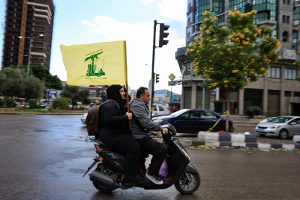
Iran, which backs Hezbollah, the Palestinian group Hamas as well as the Houthi rebels that have attacked Israel from Yemen, said it welcomed the ceasefire.
Netanyahu said the ceasefire would allow Israel to focus on the threat from Iran, give the army an opportunity to rest and replenish supplies, and isolate Hamas.
Hezbollah was considerably weaker than it had been at the start of the conflict, Netanyahu added.
“We have pushed them decades back. We eliminated Nasrallah, the axis of the axis. We have taken out the organization’s top leadership, we have destroyed most of their rockets and missiles,” said Netanyahu.

